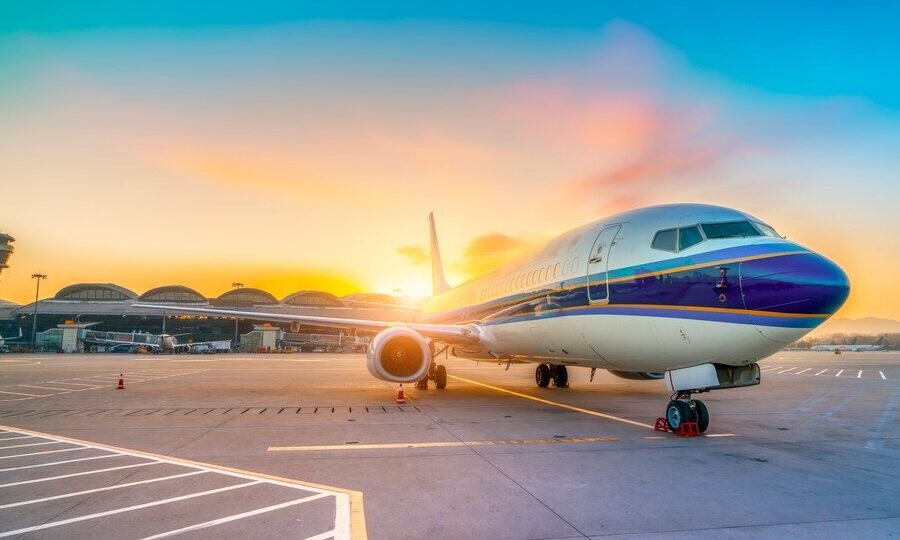From Kolkata to the World How a Local Aviation Program Can Launch Your Global Career
Introduction: A career in aviation offers exciting opportunities to travel the world, work in dynamic environments, and engage in diverse roles. For aspiring aviation professionals, enrolling in an aviation program can be the first step toward achieving these dreams. Avlon Shiksha Niketan, known for its excellence among tourism college in kolkata, provides a comprehensive.


